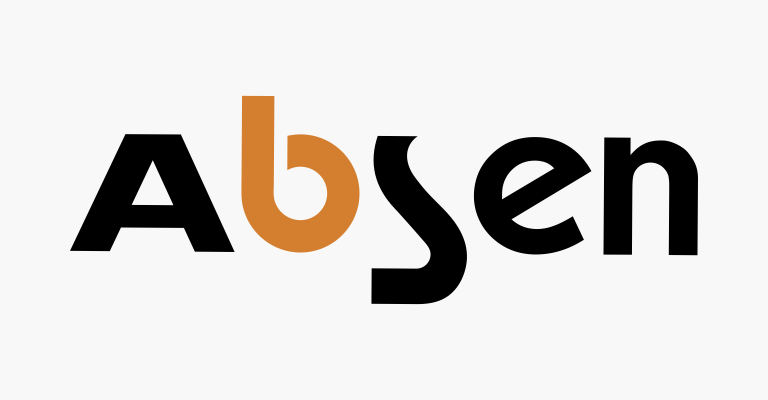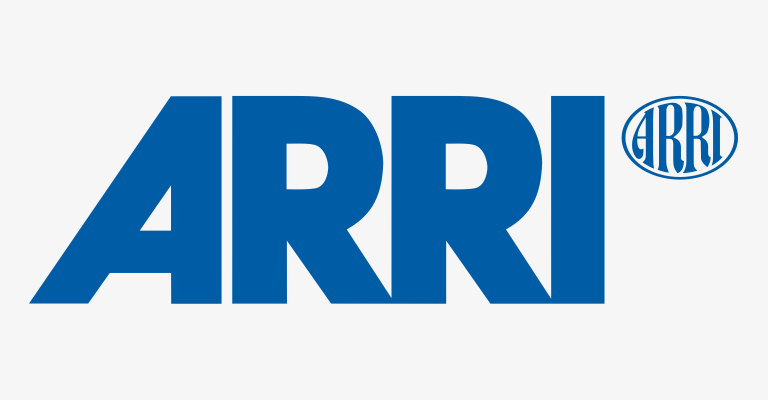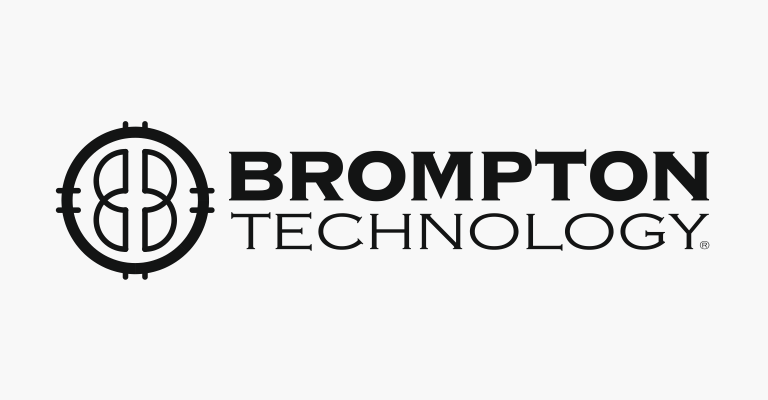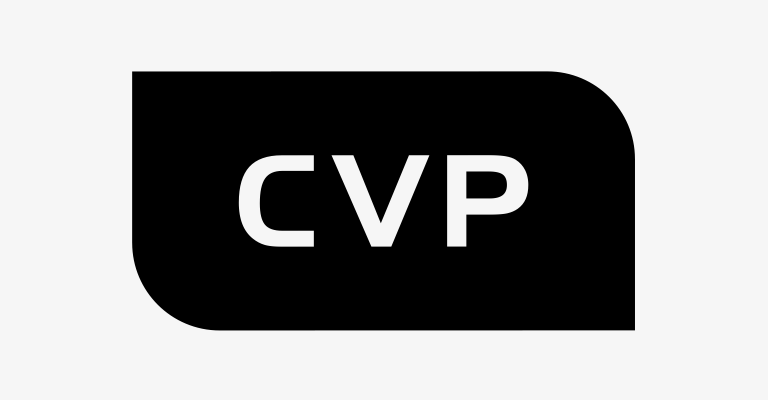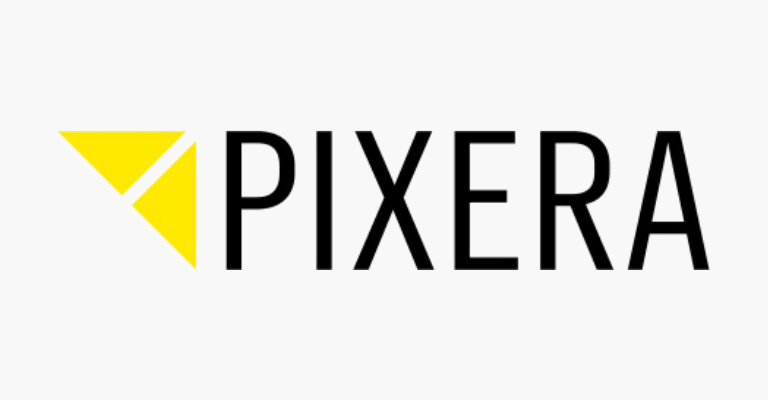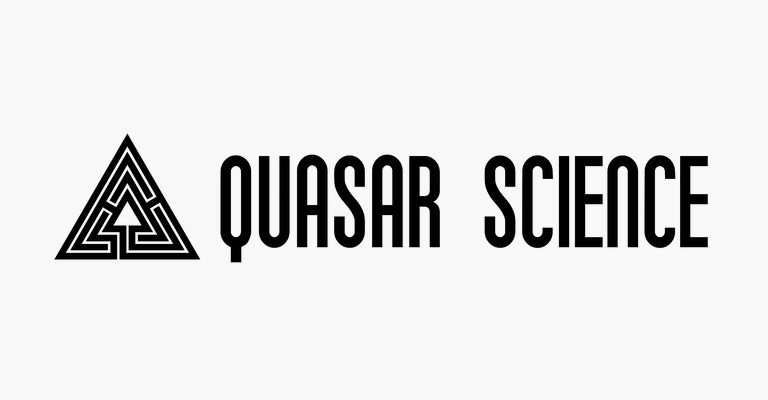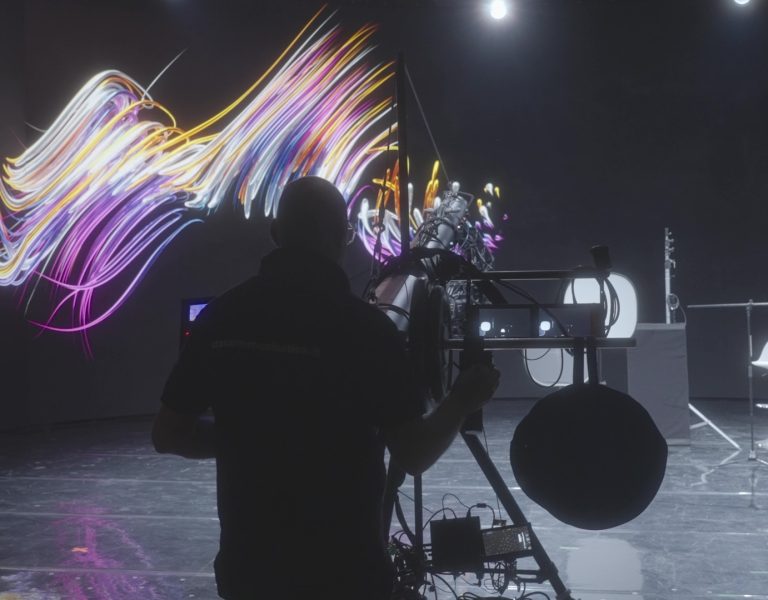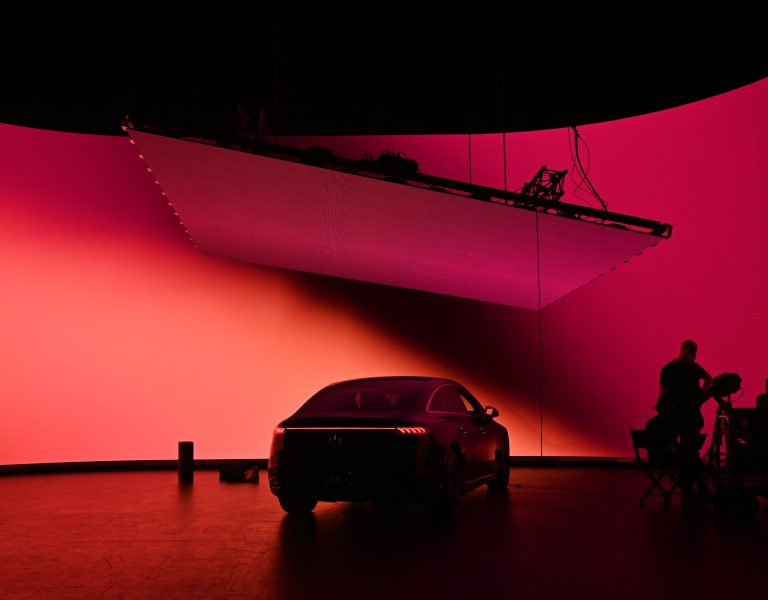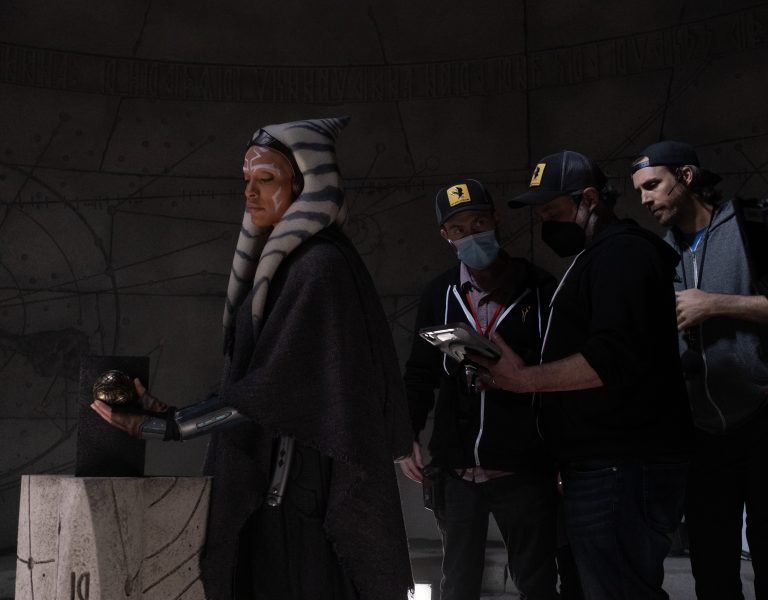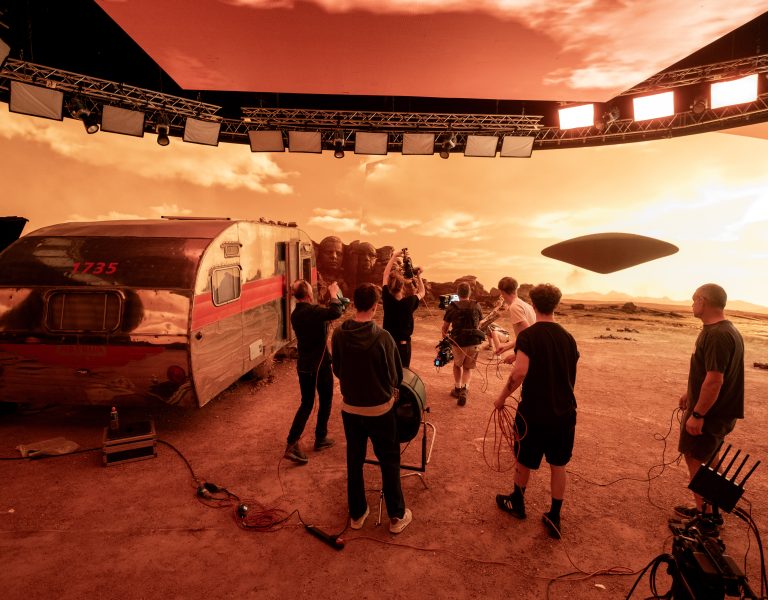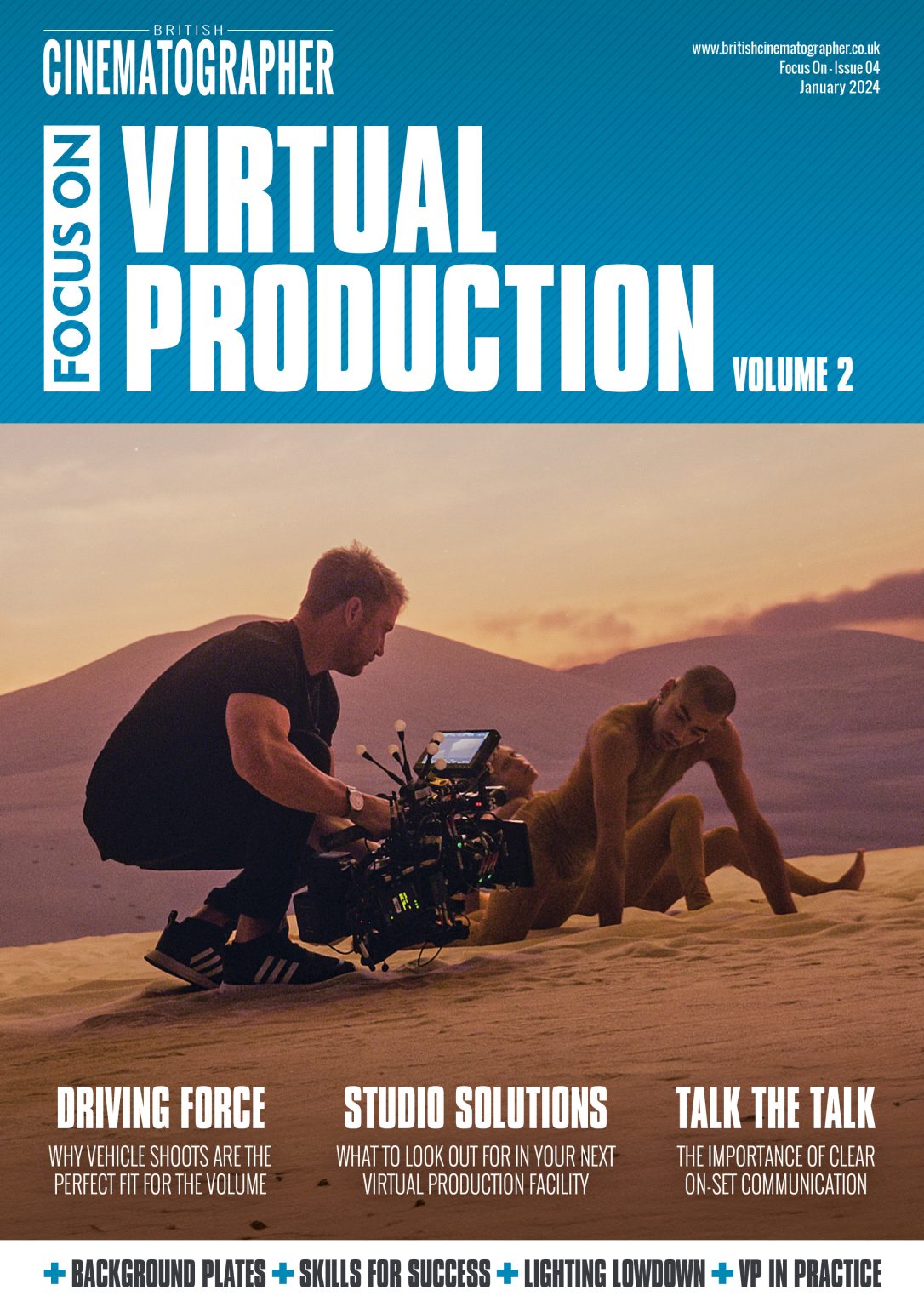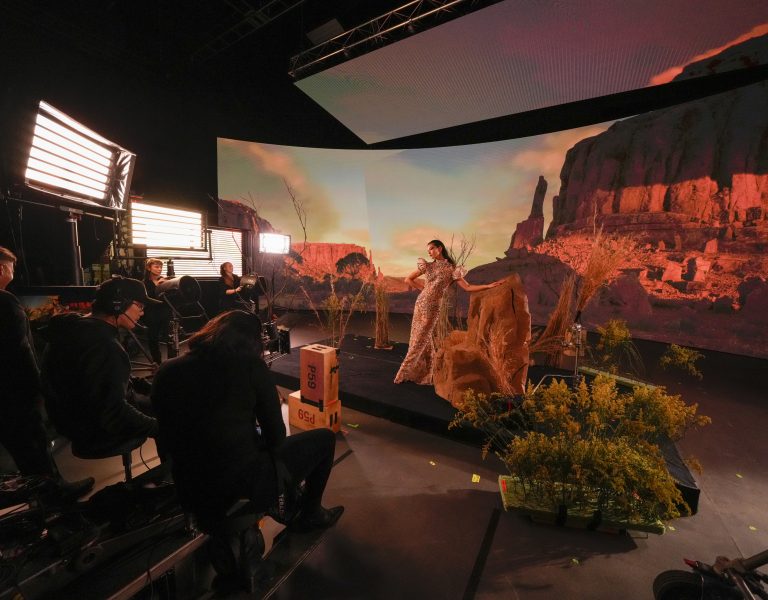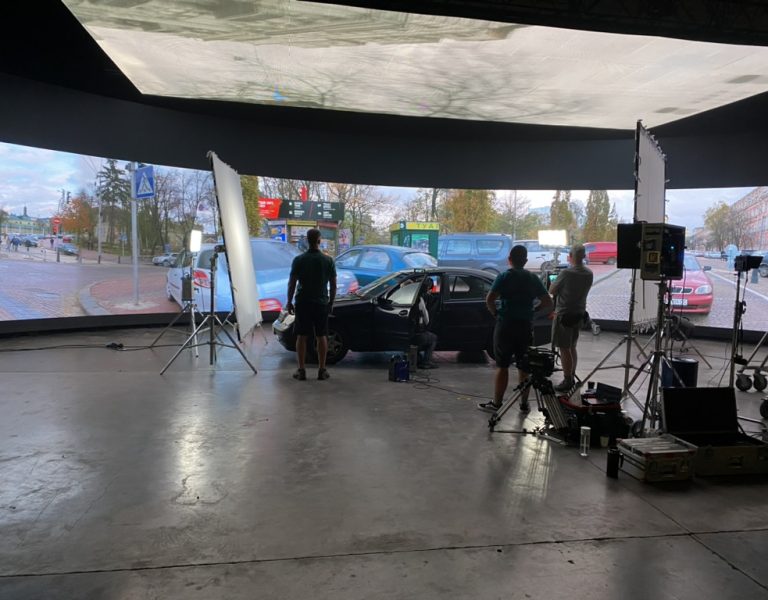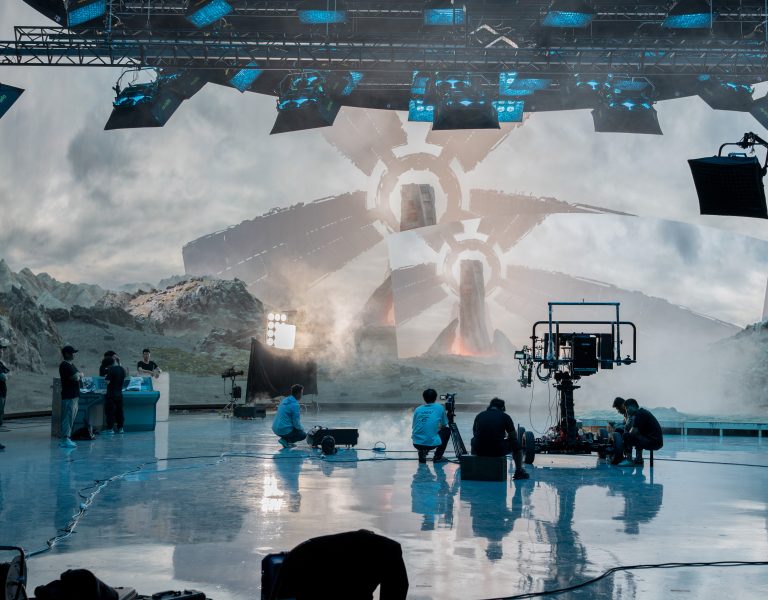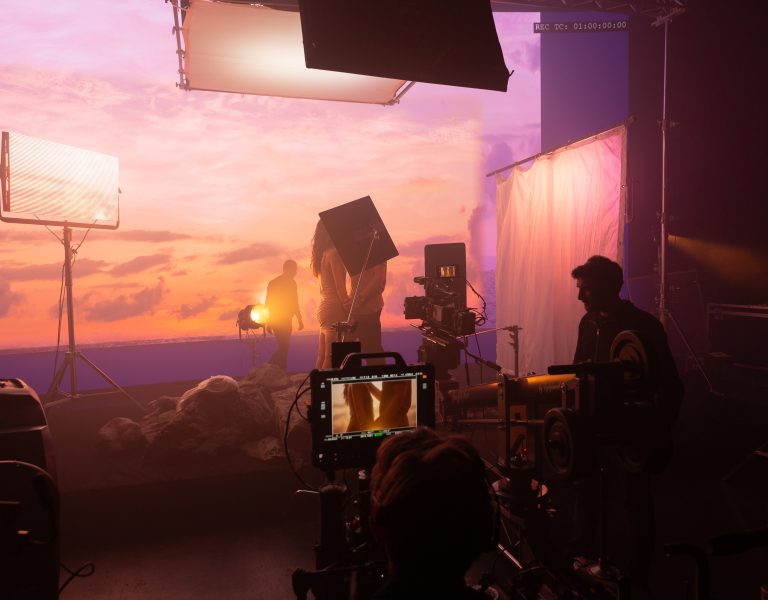AV Stumpfl’s PIXERA real-time media server platform is becoming increasingly popular with leading studios and production companies who integrate it into their existing virtual production workflows.
AV Stumpfl’s award-winning 64-bit system for real-time media processing, compositing and management was designed to thrive in both 2D and 3D environments.
Since its initial release in 2019, the intuitive interface and high-performance render engine has made PIXERA a highly popular choice for demanding 4K, 8K and HDR content playback scenarios.
PIXERA is used in high-end LED volumes around the world as a powerful single solution; handling video playback, real-time content, and the combination of both.
Users can seamlessly switch between PIXERA and the natively integrated Unreal Engine without changing any network or graphics settings. The ability to import custom 3D objects, LUTs, OCIO files, GLSL Shaders, etc. allows for extensive custom tailoring from project to project.
Crucially, for many studios and production companies who might already own heavy duty processing hardware, PIXERA is also available as a software only solution that can be installed on existing equipment.
Sheiva Khalily, Virtual Production Supervisor at Lux Machina, utilises Pixera on their existing hardware to seamlessly switch between native Unreal Engine and pre-rendered playback: “Pixera is a perfect solution for 2D workflows in virtual production. The ability to build custom control modules allows for easier onset use and more fluid interaction with other creatives.”
With PIXERA Control, an advanced integration and show control framework that is part of the PIXERA ecosystem, users are empowered to create simplified and mobile UIs that give clients and creatives the ability to intuitively interact with content in real-time, live on set.
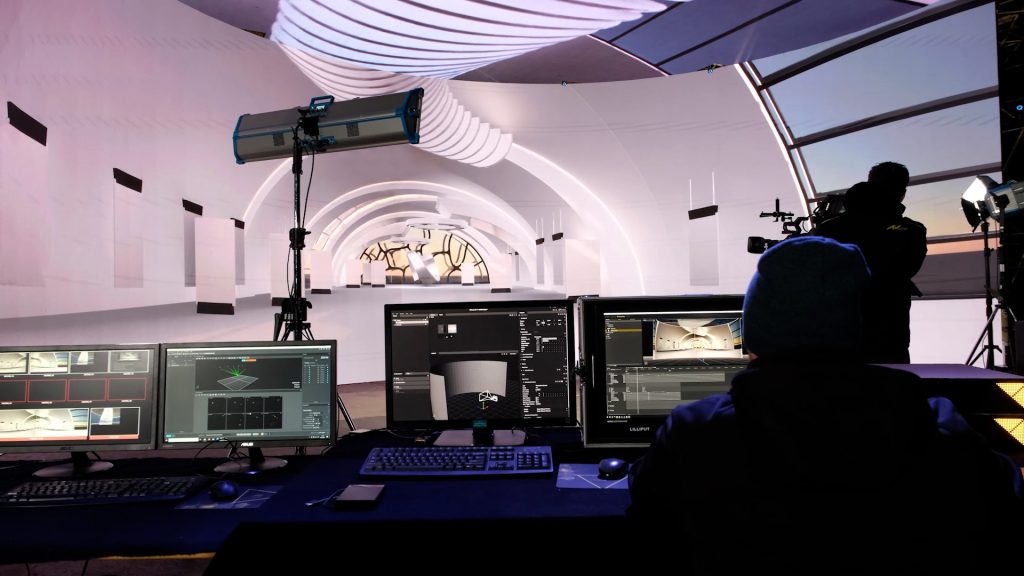
Versatilty in the virtual world
PIXERA’s highly flexible approach to colour correction and management is another key reason for its growing popularity in the virtual production community. Users can easily apply predetermined colour settings to achieve striking, realistic results that maintain consistency.
The upcoming PIXERA version 2.0 opens a new chapter for the popular media server platform and consolidates its reputation as one of the most versatile, powerful, and reliable real-time platforms.
One of the undisputed highlights of the new version is its multi-user workflow capability, which will allow media server operators to be much more flexible and efficient when working on complex projects. Users are now able to choose between different levels of granularity when working within a multi-user scenario.
Complete projects can be shared in real-time, or alternatively single project parts. Should they wish to, users can also choose to share every single editing action among the connected systems.
One of AV Stumpfl’s most popular hardware solutions for generative, real-time playback is the PIXERA four media server. 12G-SDI I/O support, a 10 GB/s default data read rate and five configurable PCI 4.0 slots are some of the key system features of AV Stumpfl’s high-end system for 4K and 8K playback.
Multiple PIXERA hardware systems can easily be synched, combined and centrally controlled.
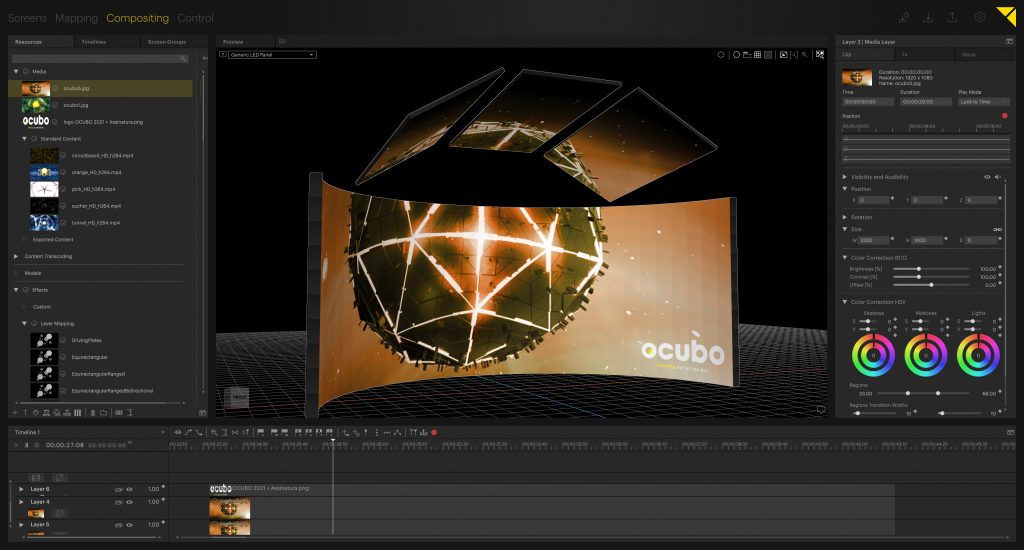
–
–
This article is sponsored by Pixera.
